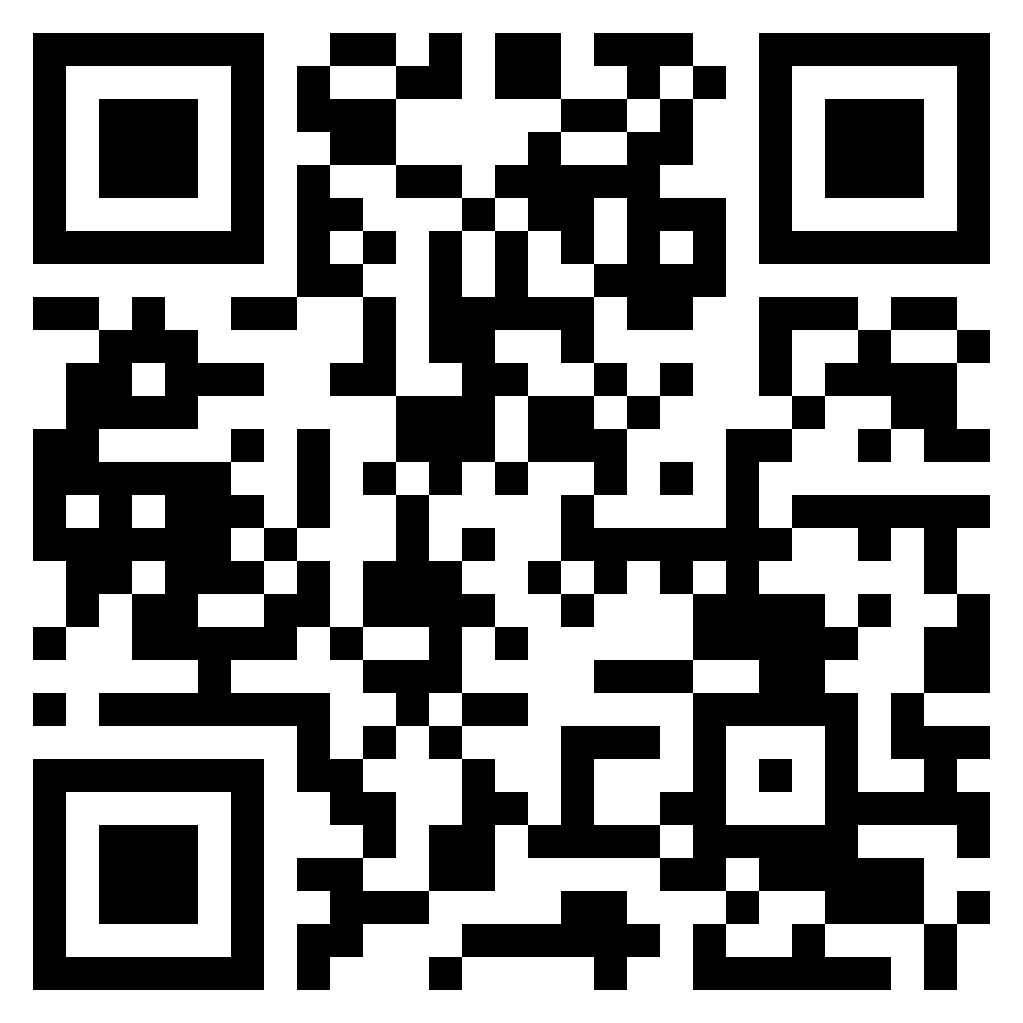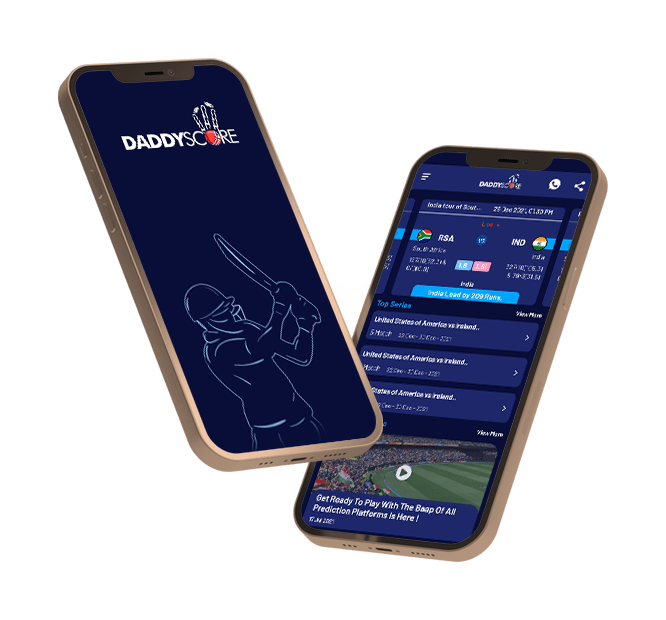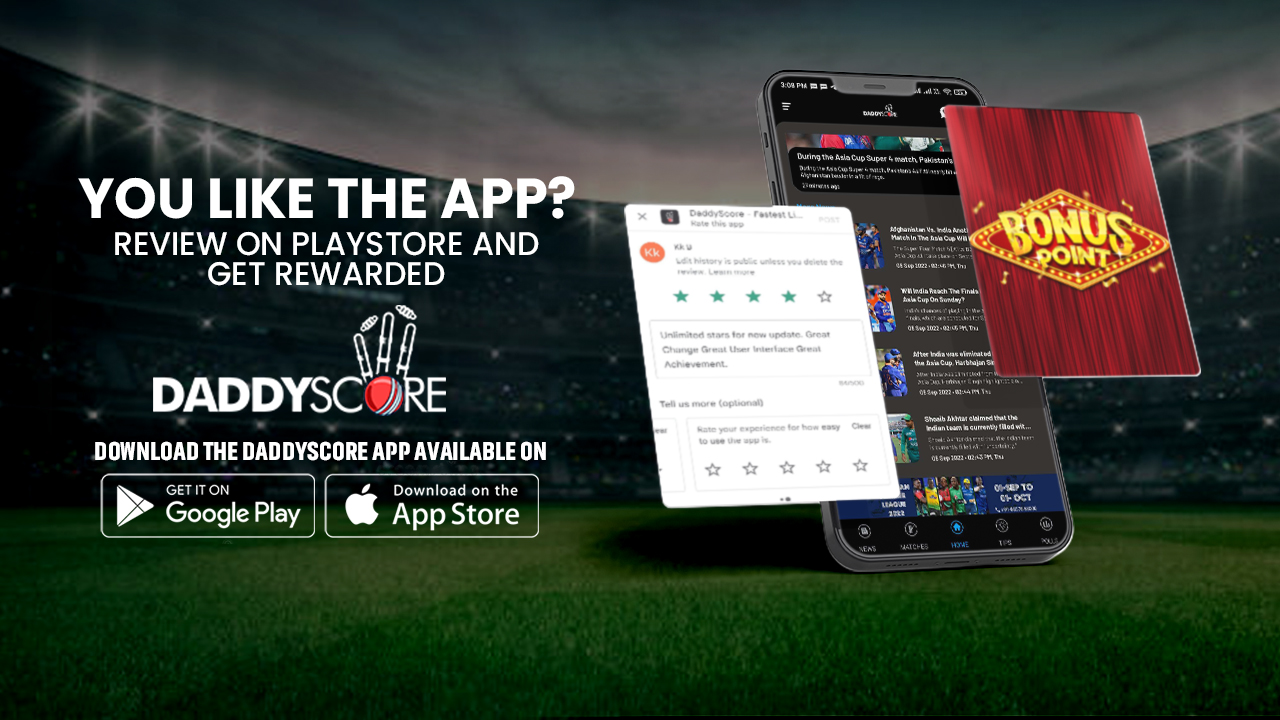A new era in parasports has begun with India’s outstanding performance at the 2024 Paralympics, when participants won an unprecedented 29 medals.
India’s incredible achievement in the 2024 Paralympics in Paris, where participants won an unprecedented 29 medals, signals the beginning of a revolution in parasports. The leap highlights the competitors’ tenacity and the importance of customized performance preparation, as evidenced by Girisha N. Gowda’s only silver medal at the 2012 London Games and this victory. One of the best Para athletes in India and the first quadriplegic to compete for India in a Paralympic Games, Amit Kumar Saroha, who received the Arjuna award and trained at the Invictus Performance Lab, attests to the lab’s influence: “Invictus Performance Lab has been instrumental in my journey.”
The tailored training plans, state-of-the-art equipment, and encouraging atmosphere enabled me to reach my objectives and push myself. Para-athletes can now compete at the highest level because to this game-changing technology.
By planning and supporting Amit Saroha’s training experience at Invictus Performance Lab, Gosports Foundation significantly contributed to his life-changing training experience. The Foundation has once again shown their dedication to provide top-notch training opportunities for para-athletes in India by means of their proactive assistance and coordination.
“Training a para-athlete presents enormous challenges,” Saroha continues. To enable the athlete to compete internationally, the training facility must first have a thorough grasp of the player’s disability and then create structured, science-based training regimens.With its structured and scientifically based training regimens, Bengaluru’s Invictus Performance Lab, under the direction of Varun Shetty, has developed into a center for athletes. Shetty highlights that customized training for para-athletes is a well planned methodology that caters to the particular requirements of different disabilities rather than just being a modification of conventional techniques. While visually impaired runners concentrate on spatial awareness through certain drills, wheelchair sprinters need focused upper-body strength training. This customized strategy, along with biomechanical and sports science knowledge, helps athletes reach their full potential while lowering their risk of injury.
On the Center’s inclusivity program, Saroha mentions, “The training environment at Invictus fosters both physical and psychological well-being. By cultivating an inclusive community where para-athletes train alongside able-bodied individuals, the center eliminates social barriers and instils a sense of belonging.”
Adaptive technology plays a pivotal role in redefining para-sports and advanced tools like motion capture systems, wearable sensors, and specialized prosthetics are integrated into training programs, offering precise data and improving performance.Recovery and nutrition are important aspects of Invictus’ approach. Para-athletes have specific metabolic needs that are satisfied by customized nutrition regimens, and rehabilitation techniques like hydrotherapy and mindfulness guarantee long-term performance.
Shetty sees a promising future for parasports, propelled by developments in training and technology. By enabling para-athletes to shatter stereotypes and establish new standards in international competitions, Invictus Performance Lab hopes to lead this trend.In addition to producing winners, Invictus is encouraging a new generation of athletes to see sports as a means of conquering physical obstacles and reaching greatness via specialized training and a dedication to perfection.














